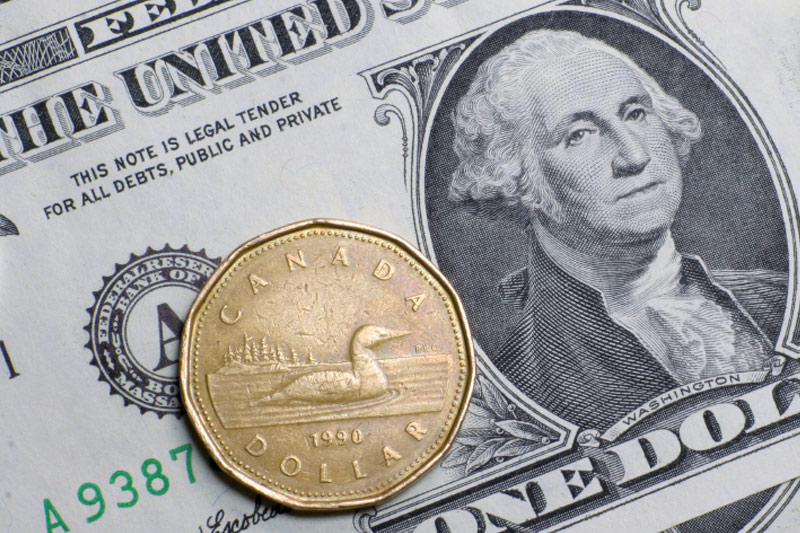Investing.com - The U.S. dollar was little changed against its Canadian counterpart on Thursday, as sentiment was briefly lifted by remarks by European Central Bank President Mario Draghi, but a decline in oil prices and sustained global growth concerns limited the Canadian currency’s gains.
USD/CAD hit 1.3026 during early U.S. trade, the session low; the pair subsequently consolidated at 1.3059.
The pair was likely to find support at 1.2936, the low of July 19 and resistance at 1.3134, the high of July 12.
Investors were encouraged by comments by ECB President Darghi saying that European markets weathered the post-Brexit volatility with “encouraging resilience”.
The remarks came after the central bank left its monetary policy unchanged as policy makers still try to assess the economic consequences of Britain’s decision to leave the European Union.
In the U.S., the U.S. Department of Labor said the number of individuals filing for initial jobless benefits in the week ending July 16 fell by 1,000 to 253,000 from the previous week’s total of 254,000. Analysts expected jobless claims to increase by 11,000 to 265,000 last week.
Separately, the Federal Reserve Bank of Philadelphia said that its manufacturing index fell to -2.9 this month from June’s reading of 4.7. Analysts had expected the index to improve to 5.0 in July.
Meanwhile, the Canadian dollar’s gains were expected to remain limited as lower oil prices weighed on the commodity currency.
The loonie was lower against the euro, with EUR/CAD was steady at 1.4386.
The euro strengthened briefly after the ECB left its benchmark interest rate unchanged at a record-low 0.0%, earlier Thursday.
Commenting on the decision, ECB President Mario Draghi said however that the euro zone recovery faces several headwinds, and the risks remain tilted to the downside, citing the UK referendum, slowing emerging markets and the slow pace of structural reforms as key threats.
Draghi also reiterated that the central bank remains prepared to act by using all the instruments available under its mandate if necessary.
